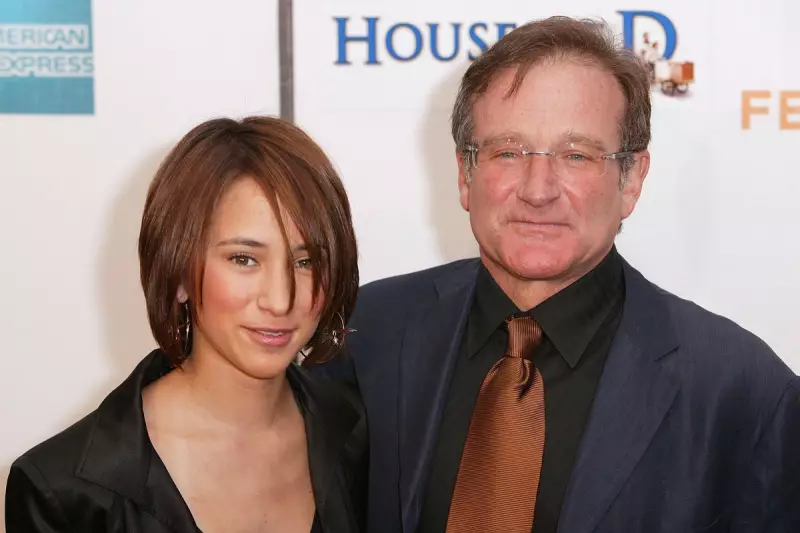
The daughter of beloved comedian Robin Williams has issued a powerful condemnation of AI-generated content that digitally resurrects her late father, describing the trend as "personally disturbing" and ethically problematic.
Zelda Williams took to social media to express her profound discomfort with the proliferation of TikTok videos featuring artificial intelligence recreations of her father's distinctive voice and mannerisms. The emotional statement highlights growing concerns about the ethical implications of posthumous digital recreation.
The Personal Impact of Digital Resurrection
In her heartfelt message, Zelda revealed that witnessing AI simulations of her father has been particularly distressing. "I've already heard AI used to get his 'voice' to say whatever people want and while I find it personally disturbing, the voice is unlike his too," she stated, acknowledging the technical imperfections while emphasising the emotional toll.
The young filmmaker and actress explained that these recreations feel like a violation of her father's memory and legacy, reducing his complex humanity to algorithmic approximations.
Broader Implications for AI Ethics
Zelda's concerns extend beyond personal grief, touching on wider ethical questions surrounding AI technology. She voiced apprehension about the entertainment industry's potential misuse of such technology, particularly the recreation of performers who can no longer consent to how their likeness is used.
Her statement comes amid increasing debate about establishing legal and ethical frameworks to govern posthumous digital recreations of public figures and performers.
A Call for Responsible Innovation
While not opposing AI technology outright, Zelda advocated for thoughtful implementation that respects both the deceased and their grieving families. She emphasised the importance of maintaining human dignity in the face of rapidly advancing digital recreation capabilities.
The incident highlights the urgent need for industry standards and potentially legislation to address the ethical challenges posed by AI's ability to recreate deceased individuals without consent.
As AI technology becomes increasingly sophisticated, Zelda Williams' powerful statement serves as a crucial reminder that technological capability doesn't always equate to ethical appropriateness, particularly when dealing with the legacies of beloved cultural figures.





